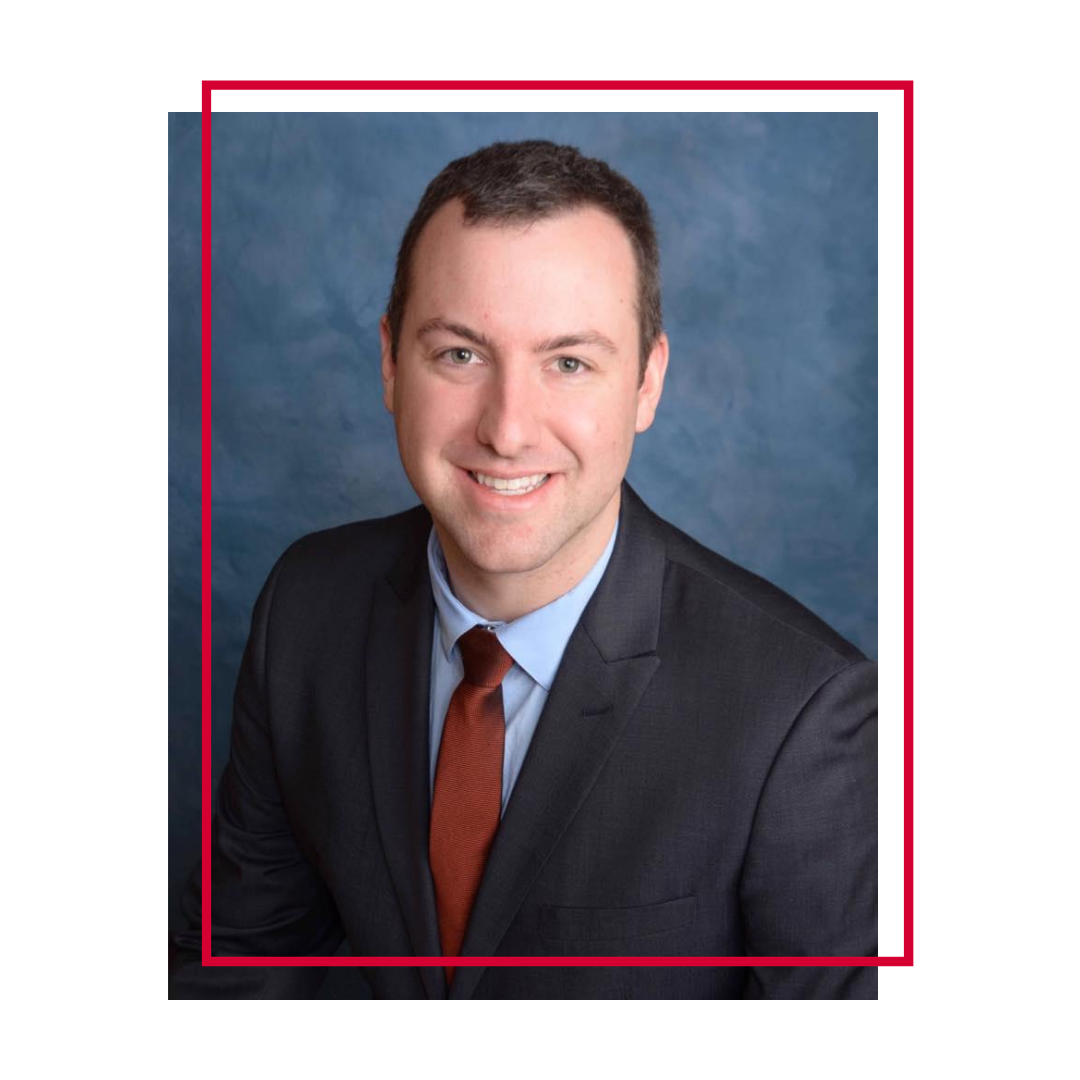Interview with Jack: Disability Education Work During COVID-19

Can you start by introducing yourself and explaining what the Disability Integration Project of Legal Aid does?
My name is Jack Grote. I’m an attorney with the Disability Integration Project at Legal Aid. The Disability Integration Project comes out of the Olmstead Supreme Court decision, which is a decision that says that under the ADA, it is discrimination to segregate people based off of their disabilities. The intention of the court case was to address people in mental hospitals and other psychiatric facilities who could [instead] be receiving community services.
Within the context of education, our unit works a lot with students who are also being segregated based on their disabilities. Sometimes these are students who are in specialized schools just for students with disabilities. Or if they are in public schools, they are often segregated in classrooms so they are only with other students with disabilities.
What kind of work have you been focusing on in the past few months? How has your work/the Disability Integration Project’s work shifted since COVID-19?
It’s changed a good bit. Our unit does a lot of Medicaid work, so during the summer months, that’s been our focus. We deal with a lot of clients who have aids come into their homes, whether for behavioral issues or help with activities of daily living. So it’s been a little bit of a challenge during the pandemic, as I’m sure you can guess.
There are a lot of agencies that are more reluctant to send aids into homes, and the general population is also reluctant to have someone come into their homes. So a lot of work has been focused on trying to get services for people. We work on figuring out what places are accepting people, what places are doing telehealth, and how we can hook people up to those services.
And then of course school is starting up. So we’re anticipating a lot of education work, and an influx of clients that will need our help addressing special education needs.
What are the biggest challenges your clients are facing right now?
A lot of the clients that I work with have significant needs that are really hard — and in some cases impossible — to address in a virtual way. By that I mean students with disabilities that cause them to have severe behavioral issues. So some students will have a behavior plan as part of their Individualized Education Plan (IEP), and a whole portion of their education plan is addressing those behaviors, and having the educator step in when they see problem behaviors. And hopefully the teachers are trained to intervene and redirect to get the child back on track. If you’re trying to do that virtually, it’s nearly impossible to do, so the onus falls a lot on the parent in that situation.
So it’s a huge burden on the parent and it’s in many ways impossible — especially when the parent is also working or [unable to provide support]. And certainly if you have a situation where a teacher is teaching a virtual group, they can’t focus on one student like they could in the classroom.
A lot of my clients typically have a parapro assigned to them. So if a student is in the classroom and the teacher is teaching, and the student has an issue based on their disability, then the parapro can come to them and give them some one-on-one attention while the teacher continues to teach their lesson. That’s also something that I don’t have a good answer for, of how that could be done virtually. On a Zoom call, you can’t have someone plugging into your ear, while someone else is in your other ear. It’s going to be interesting to see how it all plays out over the semester.
Do you have any tips for parents or caregivers of children with disabilities?
Get on top of your IEPs sooner rather than later. The law has not changed around IEPs, so I would not allow the school to postpone having meetings, or if they did postpone having a meeting in the spring, make sure you’re on it in the fall right away. It’s important for parents to stay aware as changes are happening rapidly.
Learn more about education rights at: GeorgiaLegalAid.org